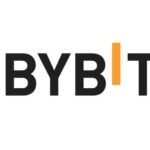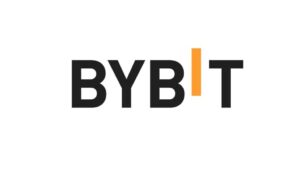Technology is constantly changing. Still, blockchain technology has stood out as an innovation that is constantly changing industries and businesses worldwide.
Even with all the changes it has birthed, this decentralized, distributed ledger technology still has the potential to cause more changes in many sectors, including the food industry. With Saudi Arabia’s growing population and booming economy, blockchain technology can change processes in the food sector.
What Blockchain Brings to Saudi Arabia’s Food Industry
Transparency
Blockchain technology can promote food security in Saudi Arabia as it promotes transparency and traceability across the food supply chain. Blockchain ensures data integrity by setting up an immutable, decentralized ledger of transactions. Saudi Arabia’s food supply chain stakeholders can input information in the blockchain. Transparency lets customers can easily access all the important information about food items.
New Innovations
Saudi Arabia actively promotes innovation and digitalization across various sectors, including food. Its Vision 2030 aims at leveraging technology to enhance sustainability, economic diversification, and food security. Blockchain technology gives Saudi Arabia the opportunity to position itself as a leader in the technological revolution, enhancing efficiency, transparency, and trust in the food industry.
Track and Monitor Food Items
Blockchain technology can help monitor food products from farm to table. Blockchain could facilitate more efficient and precise tracking of food items at every stage of the supply chain.
Documenting details about each product, including its origin, quality, and storage conditions on the blockchain, comes in handy when dealing with potential sources of contamination. This capability enables prompt responses to contain the spread of foodborne illnesses, thus enhancing public health protection.
Food Wastage Reduction
Blockchain technology can help Saudi Arabia reduce food wastage. For example, if real-time information about the location and condition of food supplies is readily available, the use of the technology can lead to efficient transportation, storage, and distribution of items. In the long run, the country reduces the risk of spoilage and waste.
International Trade
Blockchain technology can help Saudi Arabia easily export its food items to other countries. The technology breaks the barrier of trade with its secure platform for international trade.
Blockchain payment platforms prevent the risk of fraud, corruption, and other financial crimes. This can promote greater confidence among global trading partners,
Challenges of Blockchain in Food Trading for Saudi Arabia
Introducing blockchain technology into the food trading sector in Saudi Arabia presents its own set of problems.
Regulatory and Legal Complexities
One major problem one might face with blockchain technology in the food industry is regulatory and legal complexities. This stems from the uncertainties that come up with the applicability of existing laws and regulations to blockchain-based systems.
Technical Challenges
Additionally, technical challenges, including interoperability and scalability issues, could hinder the widespread acceptance of blockchain. The lack of blockchain systems compatibility can restrict their use for cross-border transactions. Furthermore, as transaction volumes on the blockchain surge, scalability concerns may arise.
Culture and Change Resistance
Culture can be a problem for blockchain adoption. Also, resistance to change among stakeholders used to the traditional way of running the food industry.
Final Thoughts
Blockchain technology has multiple opportunities for the food trading industry in Saudi Arabia. These potentials include food wastage reduction, transparency, food items monitoring, facilitating international trade, etc.




























